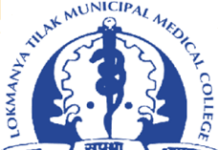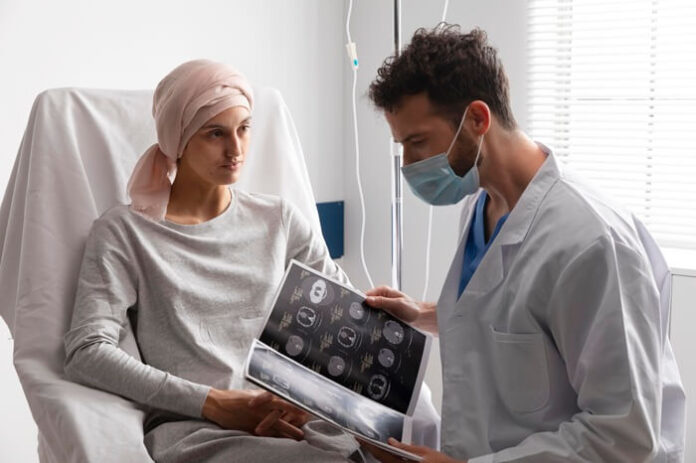Seven years ago, two friends came together to realize their dream of creating accessible, efficient, and affordable cancer diagnostics, especially for underserved regions like Tier 2 and 3 cities.
Dr. Narayana Subramaniam, a head and neck surgical oncologist, and Hardik Pandya, an engineer-scientist from IISc, have now achieved a major milestone with their innovative prototype—a rapid, low-cost oral cancer screening platform. Their work, which stood out in competitive global evaluations, has earned them a prestigious Rs 20.6 crore ($2.4 million) U-01 grant from the US National Institutes of Health.
In collaboration with GE Healthcare, the duo developed a “pan-cancer diagnostic platform” that uses advanced imaging technology to analyze cells for cancer detection, starting with oral cancer. Dr. Subramaniam highlighted the significant delays in current diagnostic processes, which often require multiple hospital visits and weeks of waiting for results, particularly affecting economically disadvantaged patients. “In smaller towns and rural areas, biopsies frequently need to be sent to metropolitan centers due to a lack of local facilities or pathologists. This technology will enable on-site digital imaging,” he explained.
As reported by economictimes, Hardik Pandya elaborated, “Our prototype digitizes images locally, allowing them to be transmitted over the internet for analysis. This drastically reduces diagnostic turnaround times. Ultimately, it provides an efficient and accurate way to examine cells in the human body. With this grant, we aim to refine and scale the platform to support both patients and healthcare providers.”
While conventional slide scanners cost upwards of Rs 30 lakh, the team’s goal is to offer this portable device at a significantly lower price. They aim to complete validation and move toward mass production within five years. “India has the highest burden of oral cancer globally. By diagnosing cancer earlier and streamlining patient care, this platform can improve survival rates and lower treatment costs,” said Dr. Subramaniam.
If successful, the duo plans to expand the platform’s capabilities to address other cancers, including cervical and breast cancer.
























